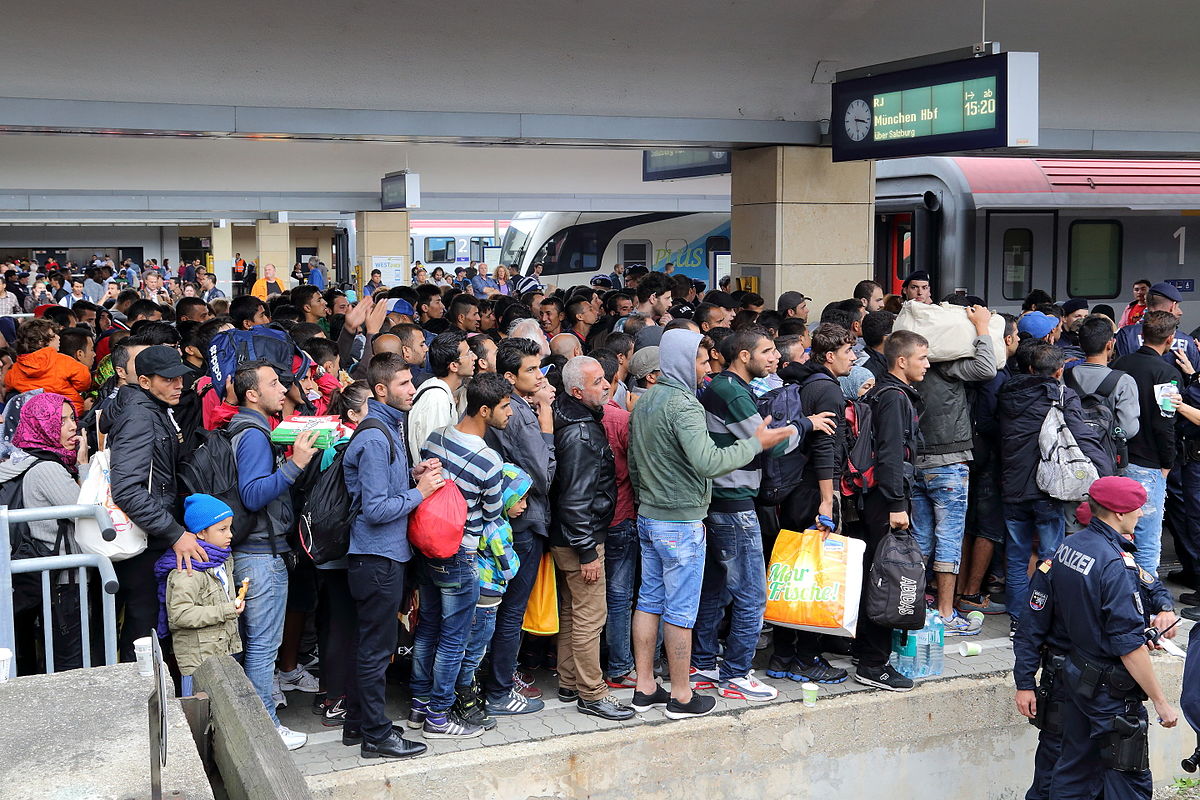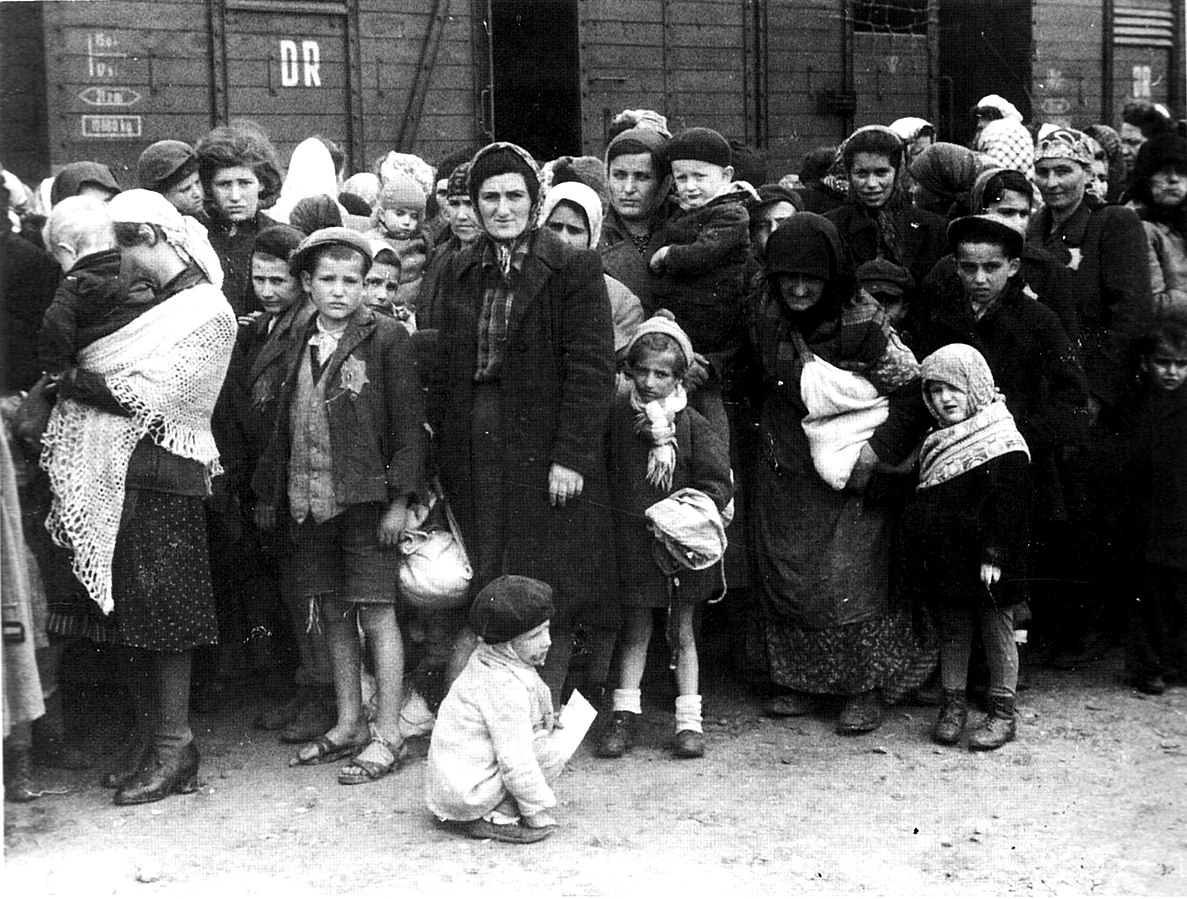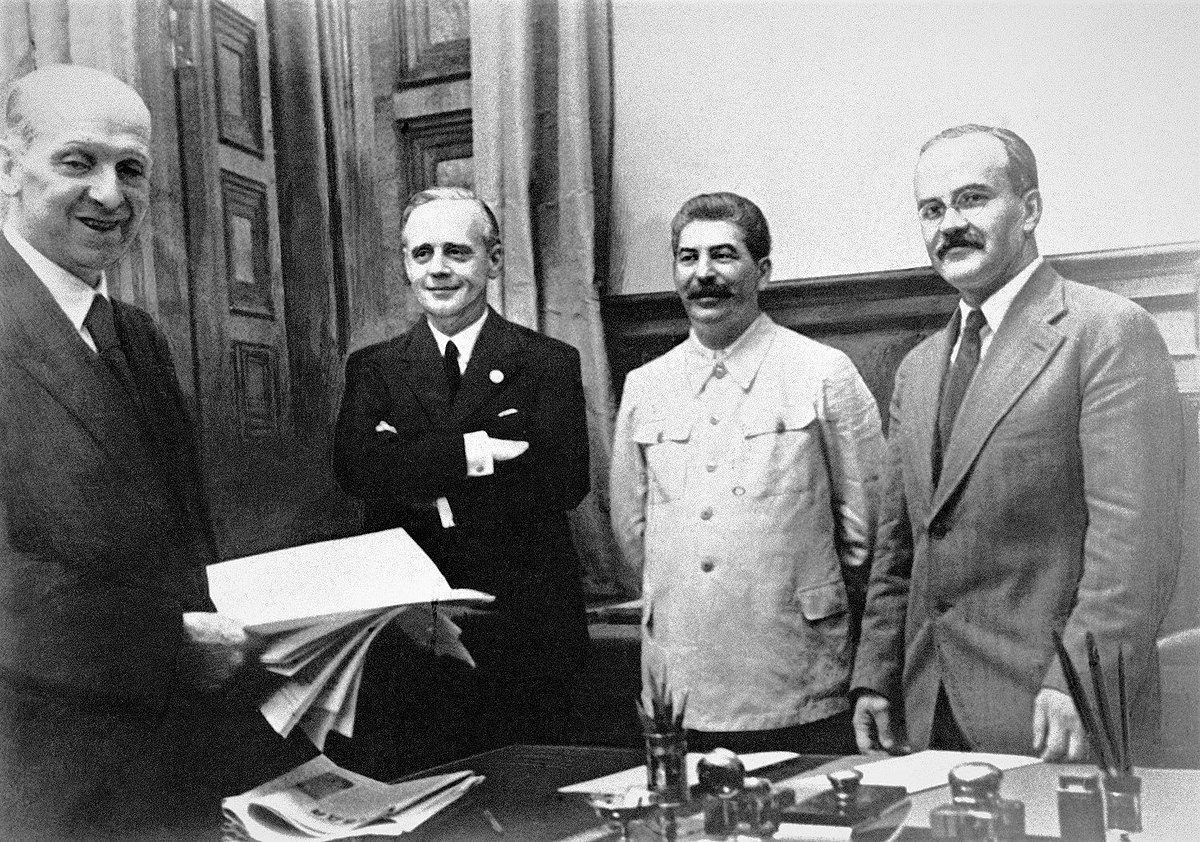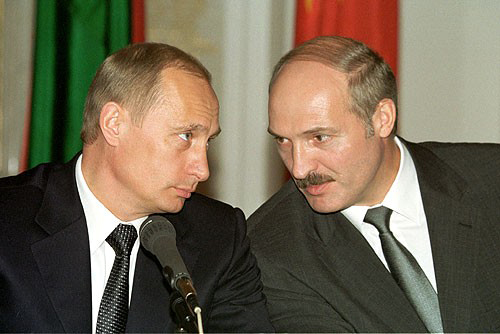Crisis at the Polish border. We must recall our lessons of history

All of the warning signs that the initial individual border crossing attempts will in time transform into a massive wave were discarded. Now that that is already the case, it is important to define what historical lessons have completely been worn out in the joint memories of a large portion of Poles.
Piotr Semka
Recently, I encouraged people to participate in the action of sending Christmas packages to soldiers of the Border Guard. I found it completely obvious. In the face of a threat to the sovereignty of Poland such grassroots gestures build a sense of gravitas and social support for officers defending the borders. It did not cross my mind that anyone would consider this to be improper or grotesque. And yet despite many positive reactions there was significantly more mockery and demonstration of disdain towards the border guards of Poland. There were sneering questions along the likes of “are Polish solders starving so much that we have to feed them by sending packages? Others were appalled that someone dared to compare the officers that are “chasing after children in the forests” to poor, freezing immigrants.
I was hit by the reversed hierarchy of sympathy. An individual who is protecting our border should in theory be considered emotionally closer to us than someone who is breaking the law, jumping over into Polish territory in an illegal manner, even if they are motivated by the want of a better life. Naturally, there were many attempts to blur the difference between the two by focusing the recipients of media on the women and children – people particularly weak and in danger of death. A subsequent wave of Belarusian operations against Poland was necessary to finally confirm the suspicion which was thus far rejected through moral blackmail
Since Sunday, the Polish border is being forced by large groups that are 80% young men of in their prime. Aggressive and cynically playing on the compassion that society expresses for children. All of the warning signs that the initial individual border crossing attempts will in time transform into a massive wave were discarded. Now that that is already the case, it is important to define what historical lessons have completely been worn out in the joint memories of a large portion of Poles.
Six years of oblivion
In 2015, the turnout of events at the border between Hungary and Serbia was similar, though not the same. At the time, Turkey ceased to block its borders and allowed hundreds of thousands who left Syria, Iraq, and Afghanistan to march in the direction of Serbia. The candidates for immigrants were directed by informal groups who put the matter simply: we wish to get to Germany, where life is better. The most naïve believed, that there are free villas and cars waiting for them in the Federal Republic of Germany, whereas the more sensible hoped to attain the status of an immigrant with a high level of welfare. What was very appalling to a lot of Hungarians then, was the conviction of the majority of migrants that Hungary is to immediately consent for their march across Hungarian territory in the direction of Germany contrary to all normal regulations concerning border crossing
When Hungarians began to put up fences and strengthening police forces in the border zone, a wave of hysteria and slanderous comments against the politics of Victor Orban began in Europe. One of the German companies producing barber wire declared that it is ceasing further shipments to the government in Budapest. As it was declared with emphasis in a special statement – barber wire serves to protect against the hostile invaders and not women and children in despair.
Even then the more sound observers pointed out that the photojournalists and cameramen reporting from the Hungarian border primarily focused on women and children, whereas the definitive majority consisted of men in their prime. The phenomenon of human traffickers, who stimulated sentiments and actions in groups attacking the Hungarian border, was completely ignored. On the other hand, an incident in which a Hungarian cameraman made a blameworthy act of kicking one of the female immigrants was blown up to sky-high proportions.
In 2015, the immigrants achieved their goal. The Hungarians provided train cars that took them to Germany, where the Willkommenskultur euphoria reigned. It took a long time for the Germans to realize that such mass emigration resulted in several cases of attacks on ordinary Germans. The attacks were all the more shocking as people who took advantage of German generosity took part in them. It took even more time for Angela Merkel to understand the effects of kindness to immigrants. Because she took the lead in the diplomatic action that prompted Turkish President Recep Erdoğan to block the border again in exchange for the generous funds paid to him by the EU.
Neither Angela Merkel nor other EU politicians admitted that Hungary was right. After six years, the situation with Hungary repeated itself on the Polish-Belarusian border. In this case, it was even worse than on the border between Hungary and Serbia.
(…)
Who remembers “Hanoi Jane”?
In the 80s I read a book by Norman Podhoretz, “Why We Were in Vietnam”, despite my knowledge of the naïveté of the West, I was astounded by the effectiveness of the psychological operation which allowed the communists to win this war. The Americans were successfully pushed into a state of hostility towards their own army. It was enough to compare the attitude of the Americans to their soldiers’ fighting in Korea in the 1950s, to the successes of the anti-war campaign, which portrayed the US Army as criminals. A symbol of this transformation was the trip of the star of American cinema Jane Fonda to Hanoi, the capital of communist Vietnam, in 1972. Fonda posed in a Vietnamese helmet on the stand of the anti-aircraft battery from which shots were fired against American bombers. As the veterans bitterly pointed out, at the same time in Hanoi, American prisoners were being tortured in a heavy prison and forcefully urged to speak at a press conference to denounce Washington’s politics.
Even such drastic disregard of loyalty towards her own country did not result in the collapse of her career. She continued to receive attractive offers from Hollywood and the protests of veterans against “Hanoi Jane” were fended off in the media which considered them obstinate.
Polish elites, due to their experience from the Cold War – it would seem – should be enormously sensitive to Soviet disinformation and manipulation techniques. Yet the large majority hardly connected the dots to compare the situation at hand with the subjugation of some of the American elites during the Vietnam era. Actors, writers, and celebrities from commercials compared the border guards to officers of the SS, just as in the Vietnam era, US Army barracks were drenched in buckets of pig’s blood.
It wasn’t until the hateful tirades, offending Polish soldiers, of Władysław Frasyniuk and Barbara Kurdej-Szatan, that protests began to appear, even though small in numbers. On the other hand, declarations that Kaczyński and Lukashenko are jointly taking advantage of the conflict, that Poles are in solidarity with immigrants, and that building a wall on the border means throwing money down the drain, were perfectly well taken.
(…)
The full version of this article was published in November 2021 in “Do Rzeczy” magazine.



